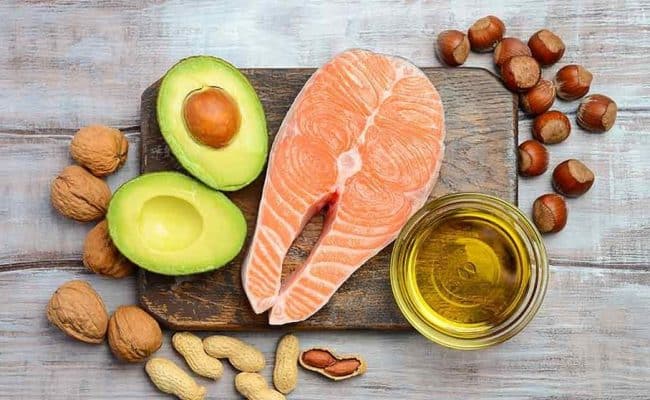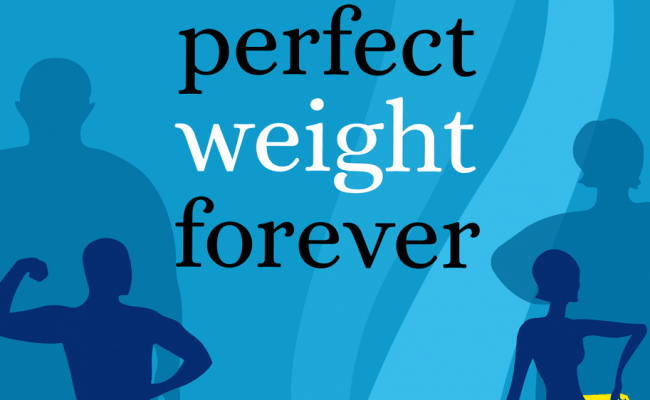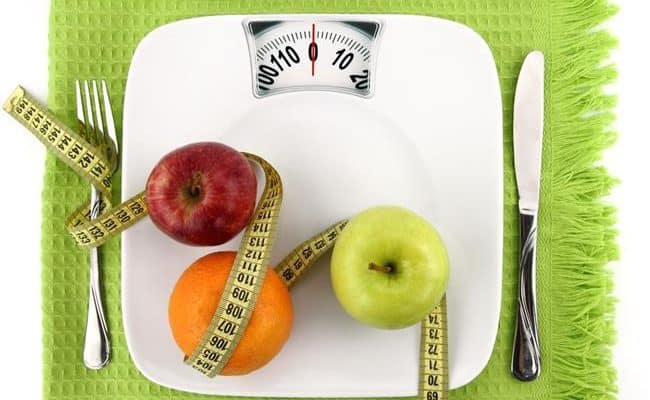
Diets can be difficult to follow and have a huge impact on your life. So when is the right time to stop a diet?
Unfortunately the answer to this question is not a simple one. Many people have reached their goal weight through weeks, months or even years of dedication and perseverance, only to regain it all as soon as they relax their eating habits. Others start very strict dieting regimes which are unsustainable in the long term and find themselves falling off the wagon and reverting to their old habits and weight in a few weeks.
Dieting can be seen from two angles, you can either accept that to maintain your desired weight you will need to follow a diet for the rest of your life, or you can avoid ‘diets’ and simply adopt a healthy eating pattern that is sustainable and non-restrictive, so you do not feel as if you are on a diet.
Looking at healthy eating as a lifestyle rather than a diet can be a lot easier to maintain in the long term.
Can you stop dieting when you reach your goal weight?
The truth is to lose weight you need to be eating less calories than you are burning through physical activity. Many people successfully lose weight following a low calorie diet, but as soon as they reach their desired weight, they tend to revert back to old eating habits. This often means that they are once again consuming more calories than they need and the weight soon creeps back on.
To maintain your new weight, you need to be in energy balance, i.e. consuming the same amount of calories as you are burning. This may mean you can relax your diet a little compared to when your goal was weight loss, and add in a few extra treats or indulgences, however, if you completely abandon your diet it is likely the weight will come back.
Remember as well that if you have lost weight, the number of calories required for weight maintenance will be less than at your previous larger weight. There is no way around it, if you wish to stay at your new weight, you need to continue some form of diet, or at least change your eating habits in some way.
Why very strict diets generally lead to regaining the weight
Very prescriptive diets that eliminate food groups, involve a lot of extra time and money to follow and are difficult to maintain in social situations generally end in weight regain. Many people follow these types of diets when they want to lose weight quickly for an important event or they are simply sick of carrying excess pounds.
What is often not considered though, is that these diets usually are not long term solutions and as soon as you stop following them and return to normal eating you will gain back the weight and often a little more to go with it.
Why a healthy diet is for life
So quick fix diet usually result in weight regain over time and you need to constantly keep your calorie intake lower to maintain your goal weight, does that mean we should all be on a diet for our entire lives?
The answer to achieving and maintaining a healthy weight is to achieve a balance in your diet that does not resort to extremes and is easy to maintain whilst still keeping calories at a lower level. It’s all about making small, healthy lifestyle changes that are barely noticeable, but make a huge difference to your health.
In this way, you never feel like you are on a diet, there is no counting of calories or guilt when you overindulge. There are no foods you are forbidden from eating and no special diet foods or expensive formulas.
It is important to remember that the food that goes into our bodies provides more than just calories, but also essential nutrients that we need in order to function correctly. By thinking about what you are putting into your body you improve your health, appreciate your food and still maintain a healthy weight.
It should be noted that for individuals that are very overweight, an initial approach that is stricter in terms of calorie control may been necessary, however, by adopting healthy long term habits once the goal weight is reached there is a far greater chance of maintain weight loss. Exercise is also a key component to any weight loss or maintenance plan and will make a huge difference.
Easy changes to maintain a healthy weight
- Choose less processed foods
- Choose lean meats and remove visible fats or chicken skin
- Keep portion sizes down by using smaller plates and not going back for seconds.
- eat mindfully, always considering what is going into your mouth, what is it bringing to your body and if you are really hungry
- Choose low calorie drinks
- Choose reduced fat dairy products
- Choose lower fat cooking methods such as grilling and steaming, also choose foods that are cooked in this way when eating out.
- Replace unhealthy saturated fats with unsaturated alternatives
- Choose more vegetable based dishes and avoid cream based foods
- Avoid keeping unhealthy food in the house if you find it hard to resist.
- Recognise that some foods should be considered ‘sometimes’ foods and eat them as a treat only.
- Wait for 20 minutes after finishing your meal to determine if you are still hungry before having a second portion.
Situations where you should stop dieting
Whilst in most cases the choice to diet or not is entirely a personal choice, there are some situations where diets, particularly highly restrictive ones are inappropriate and should not be continued, these include:
- Pregnancy
- Illness
- Extreme weight loss
- Side effects such as vitamin deficiencies, lethargy, gastric symptoms, dizziness and any other adverse health problems.










